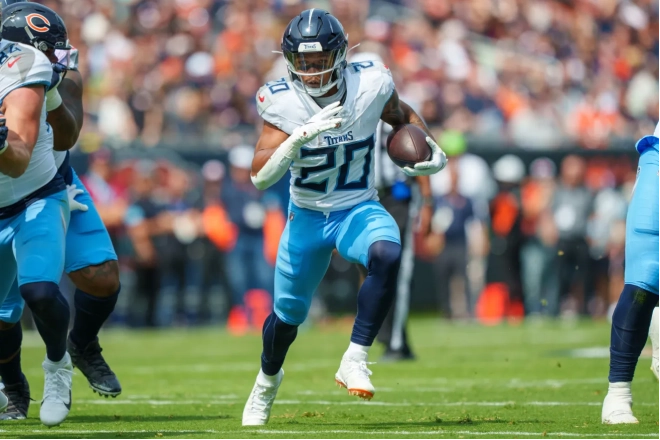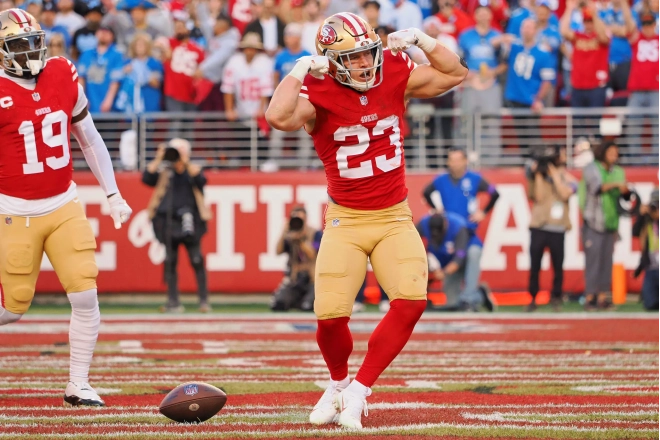Fantasy sports have exploded in popularity over the last decade, permeating the zeitgeist of American sports culture. What once was a niche hobby for only the most devoted sports nerds has now become a mainstream obsession that has fundamentally altered the way fans consume and engage with their favorite sports and teams.
More Than Just Bragging Rights
The thrill of victory and agony of defeat take on real meaning when your fantasy roster is on the line. The camaraderie of trash-talking rival league members fosters a sense of community and friendly competition. Even the casual fan is suddenly invested in the box scores and stats of players they would otherwise ignore. With real money frequently exchanging hands, fantasy turns fandom into a strategic game where every play carries significance.
Becoming a Virtual GM
Fantasy team owners get to experience the rush of being a real general manager. Scouting players, crunching numbers, obsessing over depth charts, and making waiver wire moves give fans the illusion of control. They can experience the strategic team-building process firsthand by drafting and managing a virtual roster. This fantasy role-playing allows ordinary fans to feel a deeper connection to the sport.
Expanding Your Fandom
Fantasy pushes fans to broaden their knowledge and fandom beyond their favorite teams. To gain that coveted competitive edge, managers must follow player personnel moves across the entire league. A fantasy baseball owner will suddenly care how a backup catcher on a last-place team performs. This forces fans to absorb more information and develop more holistic perspectives on different sports leagues as a whole.
The Rise of Fantasy Football
No sport has been more transformed by fantasy than football. According to recent surveys, over 35-45 million Americans play fantasy football each year. The NFL's ingenious Red Zone channel caters directly to this fantasy-obsessed audience by jumping to the most exciting live action. Fantasy has become so pervasive that even sports NCAAF betting odds sites like FanDuel integrate fantasy team management features into their platforms.
Advanced Analytics for All
The statistical revolution in sports has trickled down to the average fantasy owner. Terms like WAR, PER, and Corsi have entered the mainstream lexicon. Fantasy success depends on interpreting advanced metrics and ratios. This democratization of analytics has made fans more informed and engaged with the deeper strategic nuances of different sports.
Motivating Players
The popularity of fantasy impacts the athletes themselves. NFL players routinely check their fantasy point totals after games. For lesser-known players, being "fantasy relevant" can provide a level of fame and attention their actual on-field performance doesn't warrant. It motivates players to put up gaudy stats to appease their fantasy overlords.
Bringing People Together
While technology has made us more isolated, fantasy leagues require communication and social interaction. Much of the enjoyment comes from trash-talking fellow league members via text, email, or social media. The communal draft party remains a sacred tradition. Workplace or family leagues strengthen existing bonds through shared fandom. Connecting with others enhances the fun.
Here to Stay
The fantasy sports train has left the station. Industry projections expect the fantasy sports market to surpass $48.6 billion by 2027. Sports betting legalization will only accelerate this growth. Leagues and networks are catering more content to fantasy audiences. For better or worse, fantasy sports are now indelibly embedded in the fabric of American sports culture. The days of simply rooting for your favorite team are gone. Now every fan can be a virtual owner, general manager, and coach of their dynasty.





